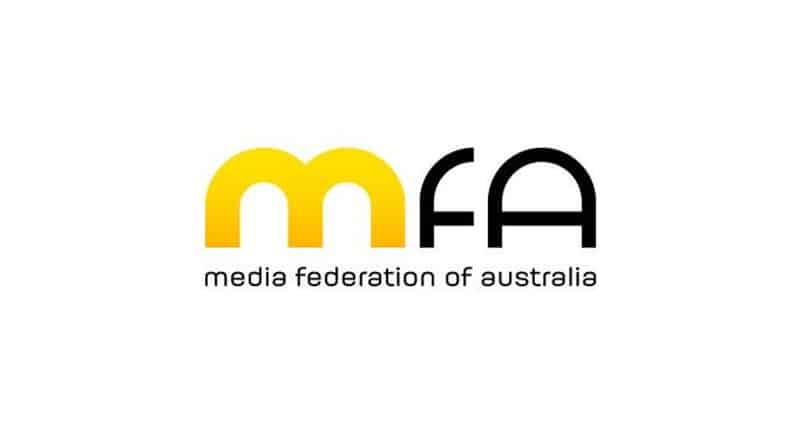The Media Federation of Australia (MFA) was established in 1995 as the peak body representing media communication agencies.
MFA chairman Peter Horgan said that the three pillars at the organisation’s core are the advancement of its people, improved processes and performance.
The MFA maintains these pillars by offering education programs to professionals to ensure their knowledge of the industry and incoming innovations is up to date.
Among the programs is NGEN, an initiative launched back in 2008 and geared toward industry members. Approximately 50% of people working in the sector have less than five years of experience and are often responsible for planning, buying or selling media and managing large budgets. NGEN aims to nurture, develop and inspire them.
The program has grown to a community of more than 3,000 young media professionals from media communication agencies and media industry suppliers. It offers more than 60 workshops that run from February through to October each year.
The MFA Interactive Committee leads the MFA Digital Foundations course in collaboration with industry experts. It provides the industry with a solid and consistent foundation of digital media knowledge.
The program has two certificates:
• Certificate I covers: Display, Video, Social and Search Engine Marketing
• Certificate II covers: Search Engine Optimisation, Content Marketing, Programmatic and Measurement that Matters
The industry certification is designed for all and is mandatory for all MFA member agency staff with less than two years of experience.
The MFA TV Foundations course has been developed collaboratively with all MFA Media Agency Members and broadcast television experts with over 25 years of experience and is based on the Australian market. The outcomes are aligned across the MFA member agencies and are content creation agency-led.
The program covers the television landscape, including its terminology, planning process, the trading models, and the evaluation and measurement methods.
The program has been designed for anyone, at any level, working in a client-facing function, television and non-television. Participants will receive professional certification as evidence of their knowledge upon completing one exam.
